To keep participants interested, effective training programs must rely on best practices like microlearning and personalization. Increasing the use of videos, making use of interactive elements, and leveraging analytics to make content improvements are some of these strategies.
Details of the Product
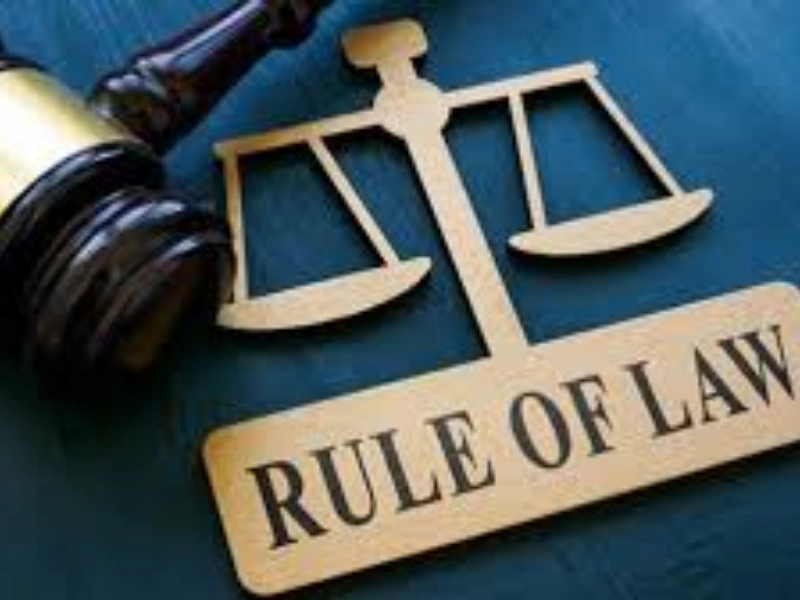
All of the specifics that go into a product's characteristics are called its product information. Customers can receive this information in a number of formats, such as text documents, photos, and videos. In addition, useful features like specifications, measurements, and price tiers may be included.
For many consumers, having precise and comprehensive product information is crucial, and it may serve as a major selling point for a business. Additionally, a business can use this data to create marketing efforts that are tailored to the appropriate persona or demographic.
Having a thorough understanding of their product catalogs is also essential for customer service representatives, particularly when handling returns and complaints. This guarantees that businesses can give clients all the information they need to understand a product and that they can provide suitable exchanges or compensations. Additionally, having thorough product information can assist businesses in meeting legal obligations and environmental sustainability goals. For producers who must accurately record ingredients, components, and testing procedures, this is especially crucial.
Customer Grievances

Complaints from customers provide insightful information about how customers engage with a brand. Negative reviews are annoying for businesses, but if they are managed well, they can present opportunities. Consumer complaints are gathered by a number of federal authorities, such as the Consumer Financial Protection Bureau (CFPB).
Individual complaints are also arbitrated by numerous consumer advocacy groups and companies. It is crucial to attempt to settle the dispute with the relevant corporation or organization before bringing a complaint to CFA.
It is imperative that the mediation process concentrate on the particular issue the client is facing. Obtaining any related receipts, contracts, warranties, or guarantees is beneficial. It can take some time for a mediator to be assigned to your case, depending on the volume of complaints submitted. If a company or organization is unable to assist customers with their problems, they can turn to a local, state, or federal agency for more assistance. The consumer organizations on this list handle individual complaints in addition to licensing, regulating, and/or licensing particular types of firms.
Laws

The safety of customers and their ability to make educated purchases depend heavily on the rules that control consumer goods, services, corporate operations, and debt collection. For instance, the CCPA mandates that companies honor customers' requests not to share their personal information with other parties and reveal their plans for using it. Additionally, it allows for the imposition of financial penalties on offenders, as demonstrated by the most recent $10 million punishment against title lending corporation TitleMax imposed by the California Attorney General.
The NCL advises that a state's consumer education department be granted equal status with other central commission tasks and funding adequate to allow it to carry out its mandate. To improve the efficacy of its operations, cooperation with other governmental and commercial organizations ought to be promoted. It should also create plans for hiring employees who possess the necessary abilities. Consult NCL's 2002 guidance, "Building a Consumer Education Program."
Materials
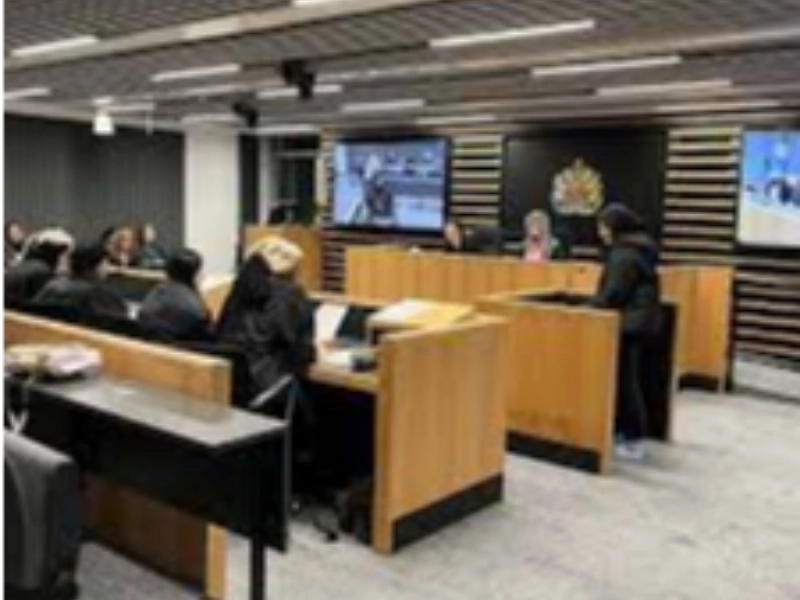
Consumer education can assist individuals in understanding their legal protections, managing their finances, making prudent financial decisions, and more. The consumer resources provided by RMAI provide impartial guidance to assist consumers and businesses in staying informed, as well as free, plain-language material available online, in print, and on video.
Links to federal government websites and nonprofits that offer financial literacy and education materials and programs are among the resources. This is not an exhaustive list, nor does it suggest approval or suggestion.
It can be intimidating to begin a consumer education campaign. New teams frequently get obsessed with elite programs and question how they'll ever be able to compete. Rather, they should concentrate on short-term, attainable gains. The team can then start to expand their program if they can gain support from the leadership and gain momentum. The team must first choose the best delivery strategy. These could be audio podcasts, microlearning videos, or brief blog entries that are distributed through client newsletters.
Recommended Reading: How Inflation Affects Retirement Planning







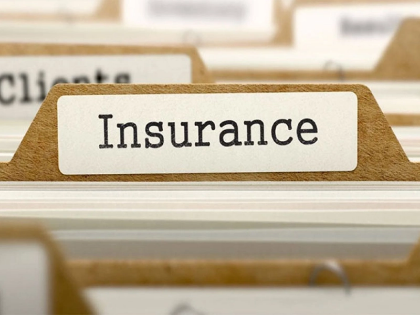


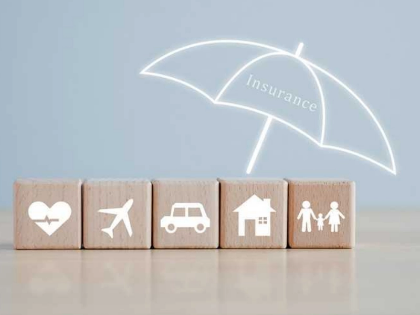



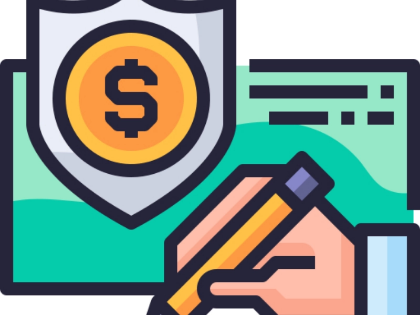



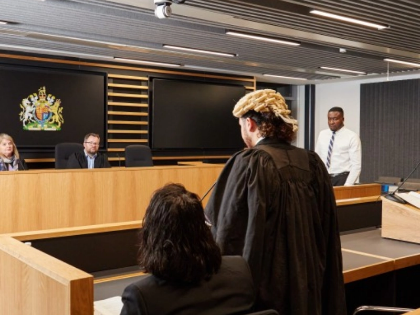

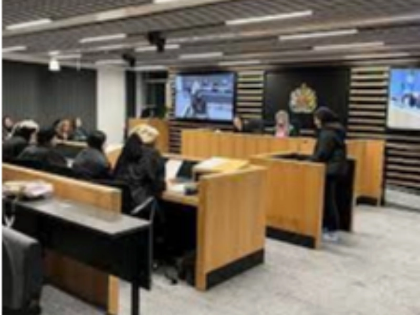



Crisp edges—nice discipline.
Helpful snapshot. Where to dive deeper?